KATHMANDU: Falgun 7, is a special day in the democratic history of Nepal. This is the day when the 104-year-old Rana rule, notoriously called an iron-fisted rule, was abolished and the power was shifted back to the monarchy which promised a democratic system of governance in the country on February 18, 1951. Since then the day is regarded as Democracy Day. Despite the major changes taking places in almost every decade in Nepal, the day used to be celebrated with zeal and enthusiasm. However, the ideals the democratic movements tried to establish seem to be at stake these days.
In this context, Khabarhub approached Bishwa Bandhu Thapa, 93, then general secretary of Nepali Congress, a living witness of several political upheavals and changes of Nepal, for his views about the latest political development in the country, the status of democracy and democratic system and the way the leadership feels trapped by power countries. Excerpts:
Praja Parishad, Nepali Congress and Nepal Communist Party were established during the Rana rule. Praja Parishad, which was active during the Rana rule, disappeared from the political scenario. NC and Nepal Communist Party survived. What was the reason behind it?
Praja Parishad did not have a strong foundation actually. There were very few people in the party. Tanka Prasad Acharya was the leader, Ram Hari Sharma was another. There were just four to five persons. They say there were four martyrs, they all were not from Praja Parishad. It was not a big organization, but it was a symbolic group of the Kathmanduites. Shukraraj was not from Praja Parishad.
Nepal Communist Party was only the name. Just remember, Pushpa Lal Shrestha had been to Banaras and was a member of the Nepali Rastriya Congress then.
Nepali Congress was organized enough to fight against the Ranas. So it was the main party at that time, and it still holds a good base in the country.
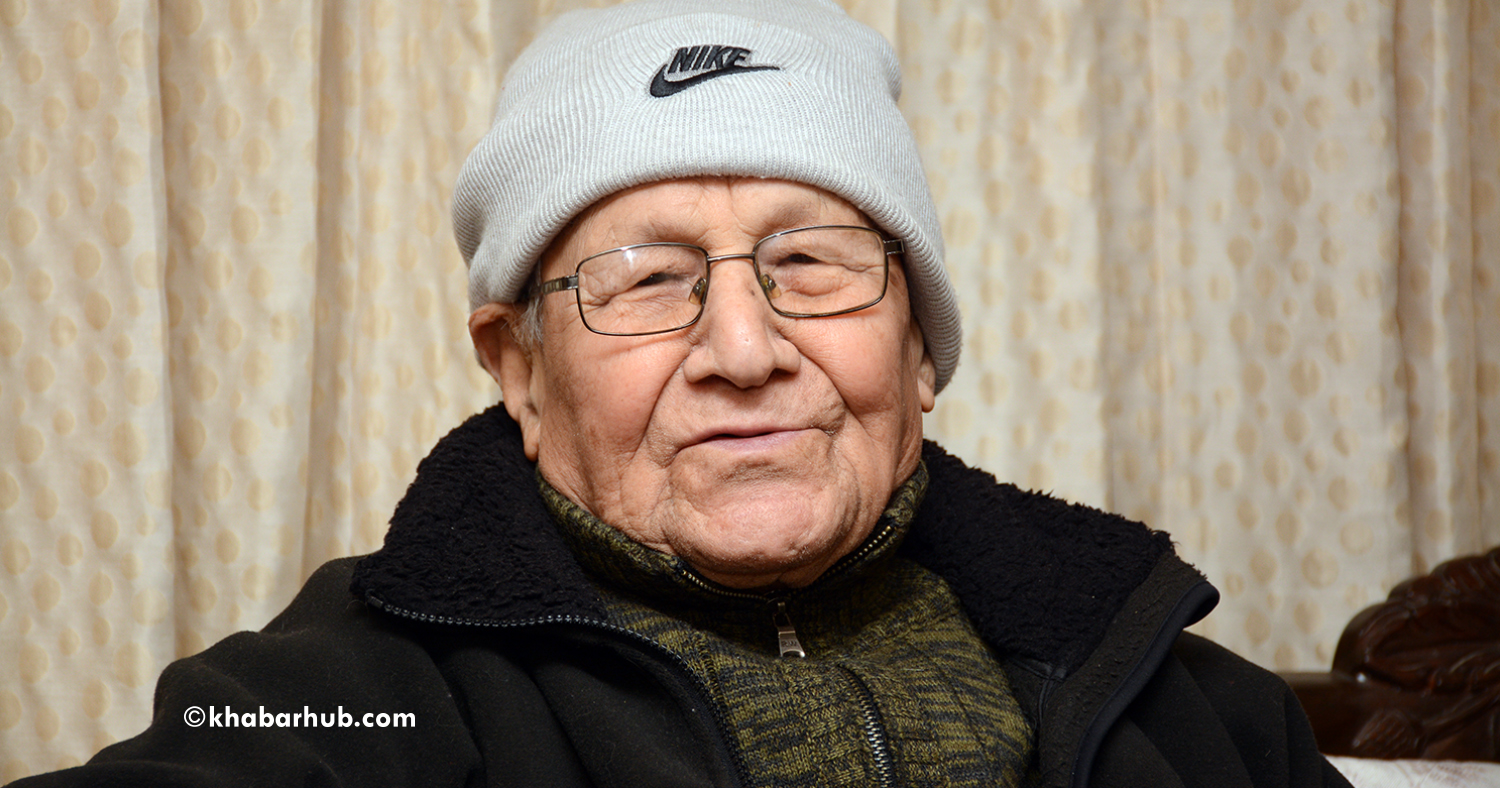
The democratic forces of 1950-60s are relatively weak whereas the party that overtly declined the democratic principles and prophesied for the communist state then have got the power, how do you analyze it when you compare these changes?
I don’t like to talk or hear the lies now. Neither it was best then nor is it now. Even during Nepali Congress’s power days, two brothers Matrika Prasad and BP Koirala had the conflict for power. Matrika Babu had rightist people with him Bhadrakali Mishra, Mahabir Shumsher, etc. Though there was not any difference between Mahabir Shumsher and Subarna Shumsher, yet Subarna Shumsher was with us. People join groups that can safeguard their interests. The groups in the parties were not formed on the basis of principles then, nor are they different now.
For their existence, leaders adopt Hitler tendency. As long as people adopt it democracy remains confined to principles; it can’t come to manifestation. Look at the democracy of the USA or India, poverty and injustice is there as well. They still use crooked measures to rise in power. See the neighboring country, in Uttar Pradesh, a leader enjoyed power for quite long, handed it to his son and later it was further transferred to daughter in law.
The same is true about people’s attachment to the Nehru family. However, the majority of their supporters are not. The majority is conscious of the rights so one can expect the democracy to come into practice sooner or later, but under dictatorship, whims guide the people. A whimsical leader brainwashes the majority and prolongs the rule. Such a rule provided it goes longer may have some positive impacts sometimes as they make room for stability. But in the long run, that makes the majority suffer and rewards only to few.
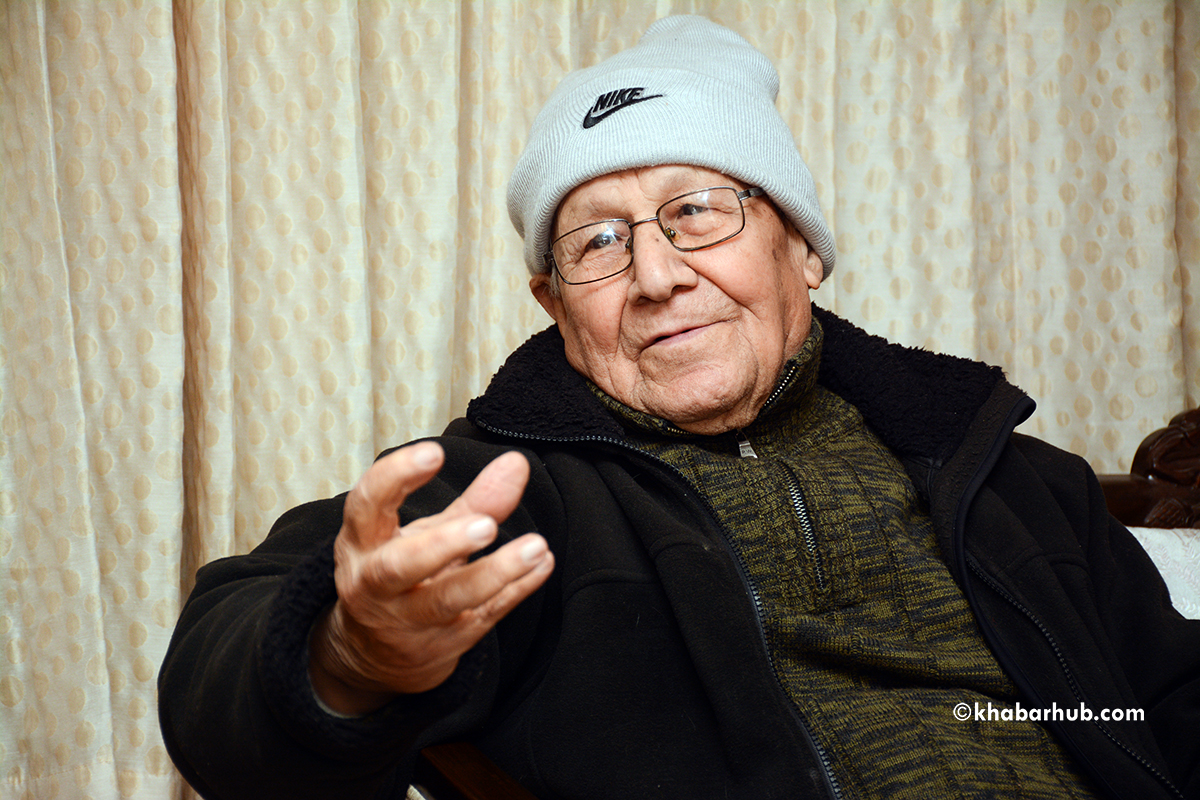
However, the nature of democracy is to accept the one who wins or holds the majority though sometimes by a single digit.
Most of the major leaders of these days are corrupt and notorious for their evil deeds. Rather, there were just a handful under the Panchayat system. Only a few who turned sycophant in Panchayat were corrupt.
You made a notable point about democracy, it’s the rule by majority though sometimes by a single digit. How do you see the future of the democracy of Nepal?
By nature, we are not democratic, both the people and society. How can we expect to exercise democracy when there is a hierarchy between people in terms of the language used to different class people? There are so many words like ta, timi, tapai, hajur, Sarkar, etc., for you used to show address people as per their level or socio-economic hierarchy, how can such society be democratic. In English they have made a correction, ‘you’ and ‘yeah’ both are now replaced by you, ‘yeah’ which was derogatory is removed.
We criticized the Ranas for calling the subjects ‘timi’ for you, but are the leaders who complained so of the Ranas changed? No, they behave worse when it comes to someone below their ‘status’.
These leaders have no quest for knowledge and they are not changed. Once they attain power, they come to their barbarity. When out of power they speak of democracy, equality, justice but once they reach power, everything else disappears; they put them at the center and damn ‘the brutes!’. Here the chair rules! The ‘conscience of chair’ not the individual, as even the fools regard themselves wise once they attain power or ‘chair’. We have to practice democracy first.
Communism is prospering in China because democracy was never there. There was never democracy in Chinese society. Even Hitler had a morality. He was said to be very faithful to his lover, he loved the woman and while dying also he committed suicide with her. He was loyal. What about our leaders?
They have gone worse.
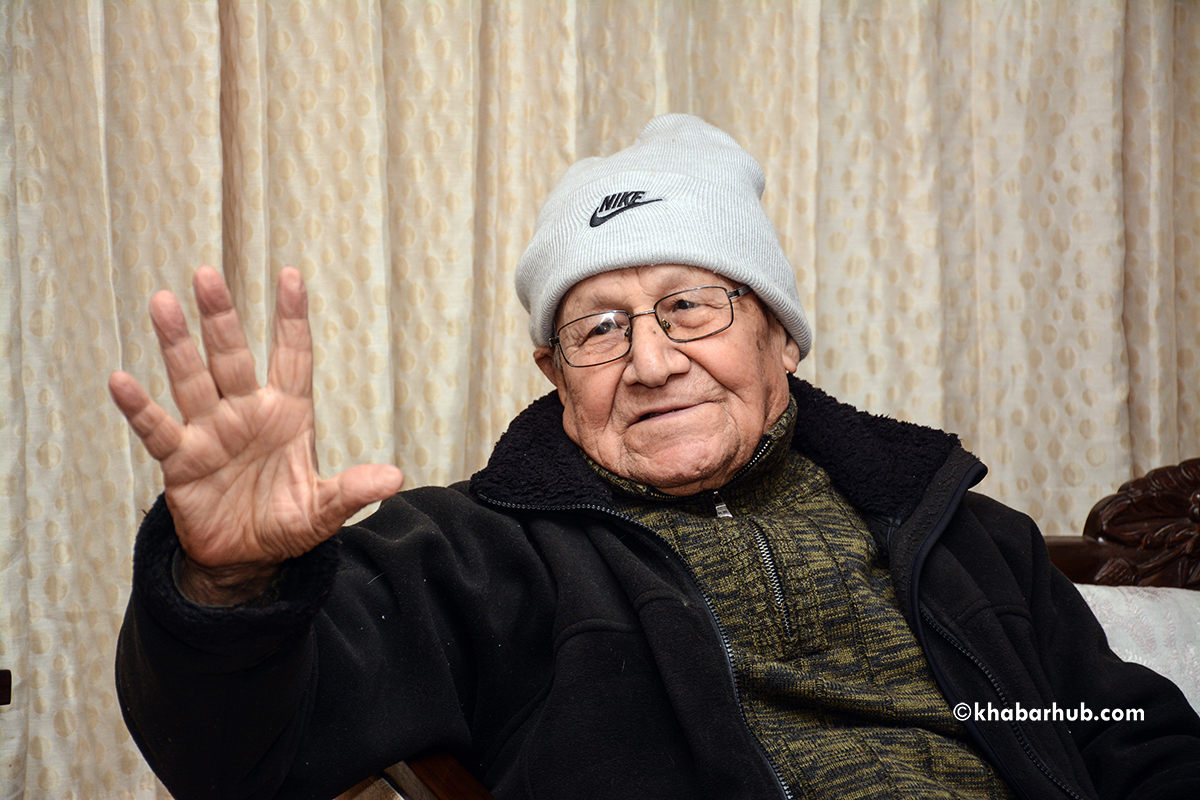
What do you say comparing the democracy now with that of 1950 or let’s say 2007 BS?
I feared one thing for a long time. Yugoslavia was made by Josip Broz known as Marshall Tito, he was a communist. He was a follower of Stalin, later quarreled with him, too. Yet, thinking for the betterment of his country, in consultation with many other leaders like Nehru of India, King of Nepal and many more, formed the Non-aligned Movement in 1961.
After his death, the country broke into five states. This was the kingdom made by King Prithvi Narayan Shah, more than a 2,000 year-long monarchy of Iran got abolished, too. Changes take place.
Yes, the communists, however, strong they may seem here, can’t rule much. Even India does not want it. India has gone under foreign rule for more than 500 years.
India is dangerous to us, it is stronger than us. Instead of fighting directly, we should work out strategically. We are like goats and India and China are like tigers in the game Bagh Chal. Goats have to work out wisely, but can win the tigers strategically.
Do you see the future of democracy and the future of the nation both at stake?
I fear that like Yugoslavia, Nepal may disappear from the map. Yugoslavia was once powerful, now it’s confined to history.

Is the threat from the system or from the people?
Truly speaking, the system is manmade. A single wrong step can take you to the gutter. Provided we make errors we may need to face dire consequences. The leaders should understand it. They should think what will happen to the nation after their retirement or death. They should have a sense of responsibility. Nepali Congress seemed okay till Girija Prasad Koirala was there, but what happened to it after him?
Do you think the nation and democracy are at stake?
Yes. I wish I could see the country prosper and see it safe. I dread I may not get such a chance.
If India wants, there may be a military coup. Even in 1950 if India had not supported, we could have been defeated by Rana’s army. As Maoists were helped later against the king, we were helped against the Ranas.
The nation could prosper provided the leaders act as wise goats in the Bagh Chal. You should know how to deal with the opponents.
India is a cow, when angry hits with horns or legs and if pleased may give milk too; but China is like a dragon or let’s say a Tibetan Mastiff (Bhote Kukur) or even tiger that guards well as long as it gets something, but if angry, may eat your flesh; the skill to use both can make us stronger.


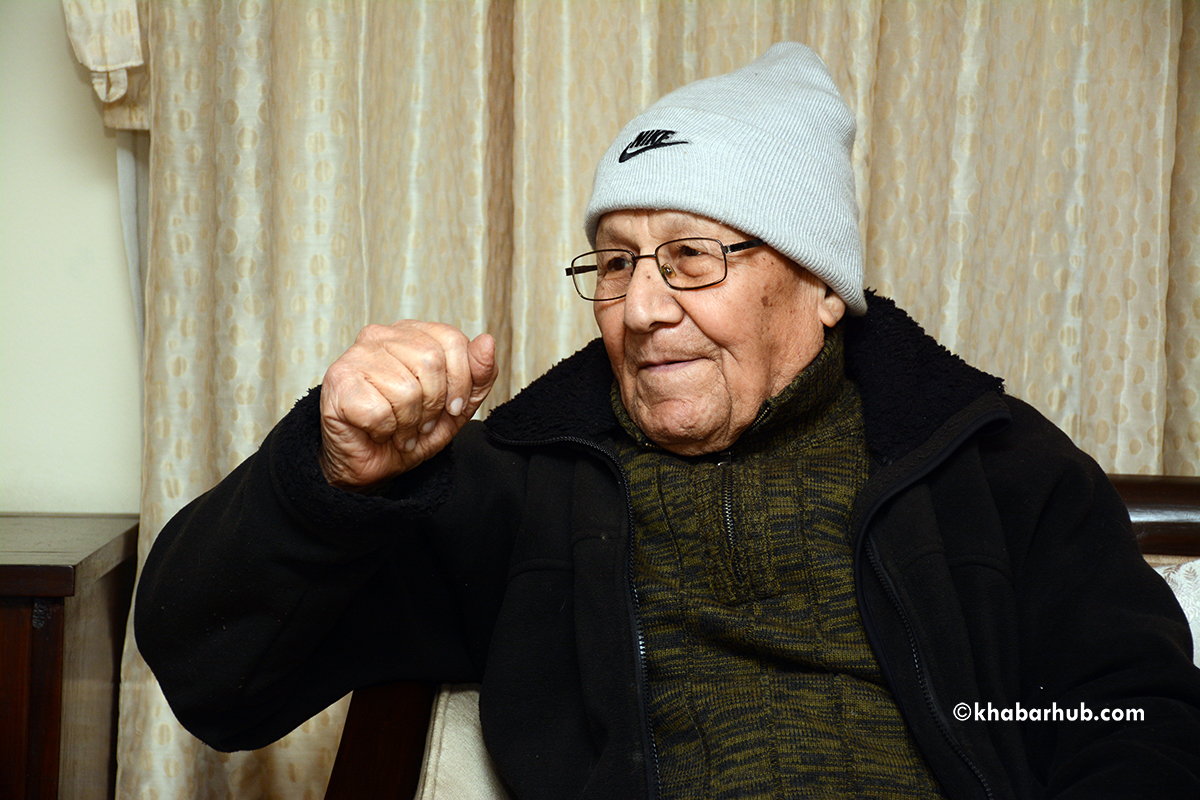
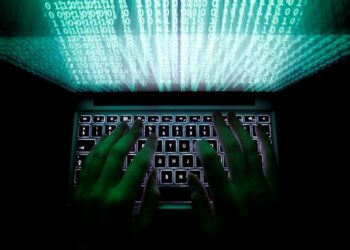


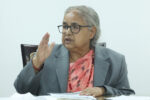
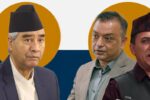

Comment